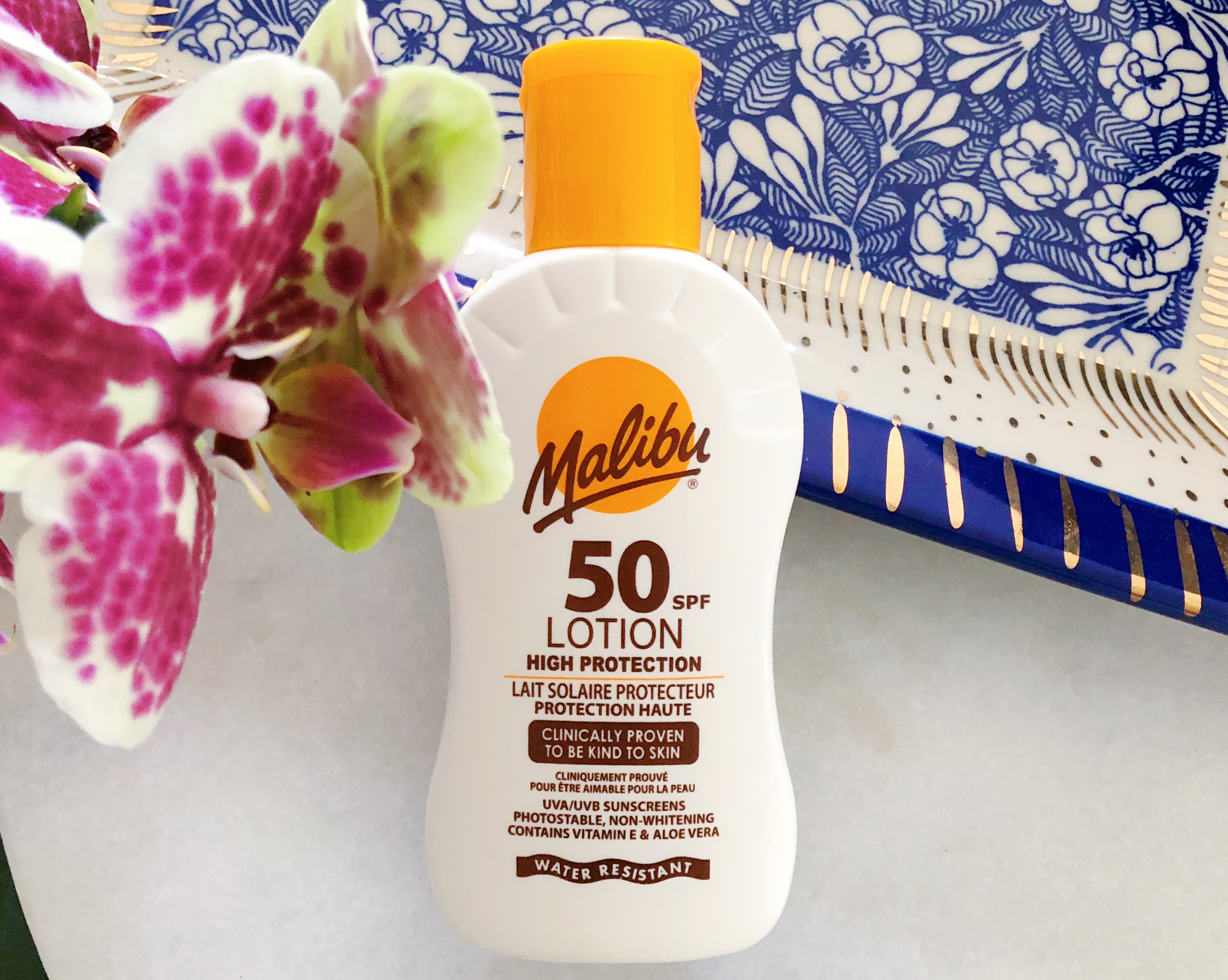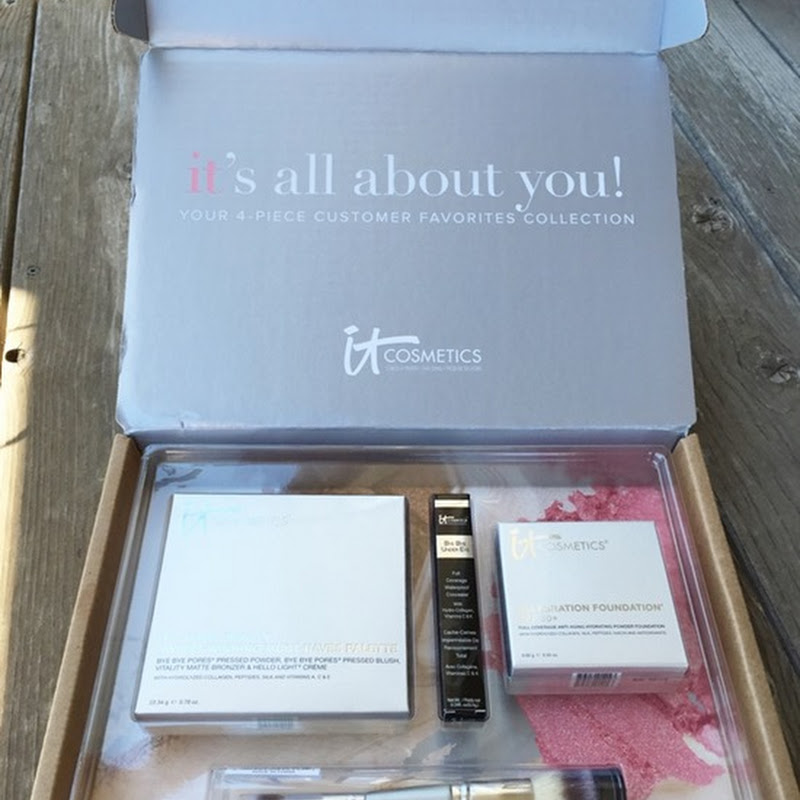Black Lives Matter: Discussion and Resources
Wednesday, June 10, 2020
Good morning to you all!
It also needs mentioning that some of the communities I belong to, the queer and Asian-American community have shied away from addressing racism and allowed it to run unchecked. Both groups have benefited immensely from the work of Black people yet stayed silent, or worse, agreed with the sentiments of racism when it suited us.
In the Asian-American community, the model minority myth runs rampant. We ignored and avoided discussing the treatment of Black people because we were content to not rock the boat. We didn't want to be the ones receiving this treatment so we looked the other way, relieved that it wasn't us.
The queer community has also had its share of racism. Would the Pride marches of today exist without the work of Black trans women, such as Marsha P. Johnson? I'm ashamed that I didn't know of her involvement until exactly two years ago, Pride month, 2018. Intersectionality does not get the spotlight that it needs.
There's no way to sugarcoat it, the self examination and reflection needed to examine one's own biases flat out doesn't feel good. Shame, guilt, anger, defensiveness - these are not feelings that we usually run towards. It feels downright painful for me, but it's critical and necessary because I don't want to be the person I was a decade ago, a year ago, or even a month ago. If I commit to change, I have to do the work. I don't want the Black Lives Matter movement to be a temporary change I see in myself, only to find that I'm slinking into Old Me months from now.
One resource that has really been helping me examine my own biases has been Lisa Renee Hall's writing prompts.
By now, I'm fairly certain that you've seen lots of books recommended that discuss racism but one subcategory that I wanted to draw attention to was children's books. I don't have kids myself, but should I have any in the future, it's vital that we talk about race early. Sending them off to school without any understanding of racism is not a path we want to walk down as a family, so I'm glad I found Semicolon Chicago's recommendation lists for children and very young children (5-8 and 3-7 age ranges, I would guesstimate).
Speaking of Semicolon Bookstore, this is the vendor where I picked up my copy of Jubilee: Recipes from Two Centuries of African American Cooking by Toni Tipton-Martin online. It was recommended to me by @girlwiththeloudearrings and I'm really glad I got it. Usually I thumb through recipe books for about ten minutes, put them down and go back to it when I am actually cooking but this is one book I've already spent hours reading. It's more than a cookbook, it's an extensively researched ode to Black chefs and cookery authors that gives much needed context alongside recipes. Flavors have a way of cementing memories and ideas for me, so it's a slightly different way of beginning to understand American Black history compared to pure historical reading. When it comes back in stock, it would be a really excellent book for cooking enthusiasts to have. I'm now also very interested in getting The Jemima Code, another one of Tipton-Martin's works.
I'm going to stop here today, but there's a lot more I'd like to touch on - hell, I didn't even get to the issues with racism we have in the beauty industry.
Take care, and take care of each other.
I wanted to deviate a bit from the normal style of posts to talk about racism and share some resources with you that might be a bit different than the petitions and donation websites that have gained traction over the last few weeks. Those bail out funds and collectives are important, but I wanted to highlight some other avenues of allyship that may have not caught your attention.
First, it has to be addressed that this is not just an American issue. If you live outside of the US, you might be thinking that it's just "our" (US-centric) problem and that racism isn't something that's prevalent in your part of the world. American media has found its way into the far reaches of the globe and such, has exported racism into every nook and cranny of the world. There's pretty much no escaping it. I can't put it any better than Alexis did:
It also needs mentioning that some of the communities I belong to, the queer and Asian-American community have shied away from addressing racism and allowed it to run unchecked. Both groups have benefited immensely from the work of Black people yet stayed silent, or worse, agreed with the sentiments of racism when it suited us.
In the Asian-American community, the model minority myth runs rampant. We ignored and avoided discussing the treatment of Black people because we were content to not rock the boat. We didn't want to be the ones receiving this treatment so we looked the other way, relieved that it wasn't us.
The queer community has also had its share of racism. Would the Pride marches of today exist without the work of Black trans women, such as Marsha P. Johnson? I'm ashamed that I didn't know of her involvement until exactly two years ago, Pride month, 2018. Intersectionality does not get the spotlight that it needs.
There's no way to sugarcoat it, the self examination and reflection needed to examine one's own biases flat out doesn't feel good. Shame, guilt, anger, defensiveness - these are not feelings that we usually run towards. It feels downright painful for me, but it's critical and necessary because I don't want to be the person I was a decade ago, a year ago, or even a month ago. If I commit to change, I have to do the work. I don't want the Black Lives Matter movement to be a temporary change I see in myself, only to find that I'm slinking into Old Me months from now.
One resource that has really been helping me examine my own biases has been Lisa Renee Hall's writing prompts.
By now, I'm fairly certain that you've seen lots of books recommended that discuss racism but one subcategory that I wanted to draw attention to was children's books. I don't have kids myself, but should I have any in the future, it's vital that we talk about race early. Sending them off to school without any understanding of racism is not a path we want to walk down as a family, so I'm glad I found Semicolon Chicago's recommendation lists for children and very young children (5-8 and 3-7 age ranges, I would guesstimate).
 |
| photo from Google Books |
Speaking of Semicolon Bookstore, this is the vendor where I picked up my copy of Jubilee: Recipes from Two Centuries of African American Cooking by Toni Tipton-Martin online. It was recommended to me by @girlwiththeloudearrings and I'm really glad I got it. Usually I thumb through recipe books for about ten minutes, put them down and go back to it when I am actually cooking but this is one book I've already spent hours reading. It's more than a cookbook, it's an extensively researched ode to Black chefs and cookery authors that gives much needed context alongside recipes. Flavors have a way of cementing memories and ideas for me, so it's a slightly different way of beginning to understand American Black history compared to pure historical reading. When it comes back in stock, it would be a really excellent book for cooking enthusiasts to have. I'm now also very interested in getting The Jemima Code, another one of Tipton-Martin's works.
I'm going to stop here today, but there's a lot more I'd like to touch on - hell, I didn't even get to the issues with racism we have in the beauty industry.
Take care, and take care of each other.






















No comments:
Post a Comment
So, what do you think?
Please be respectful and do not spam links. If you'd like to link back to your own site, please use the feature in Disqus that allows you to do so.
Thanks!